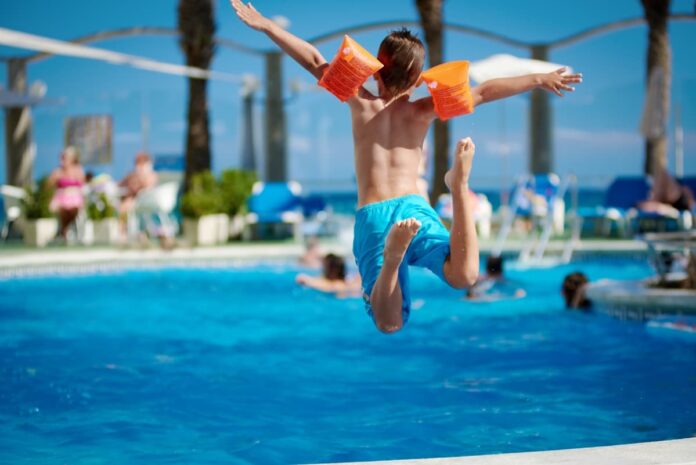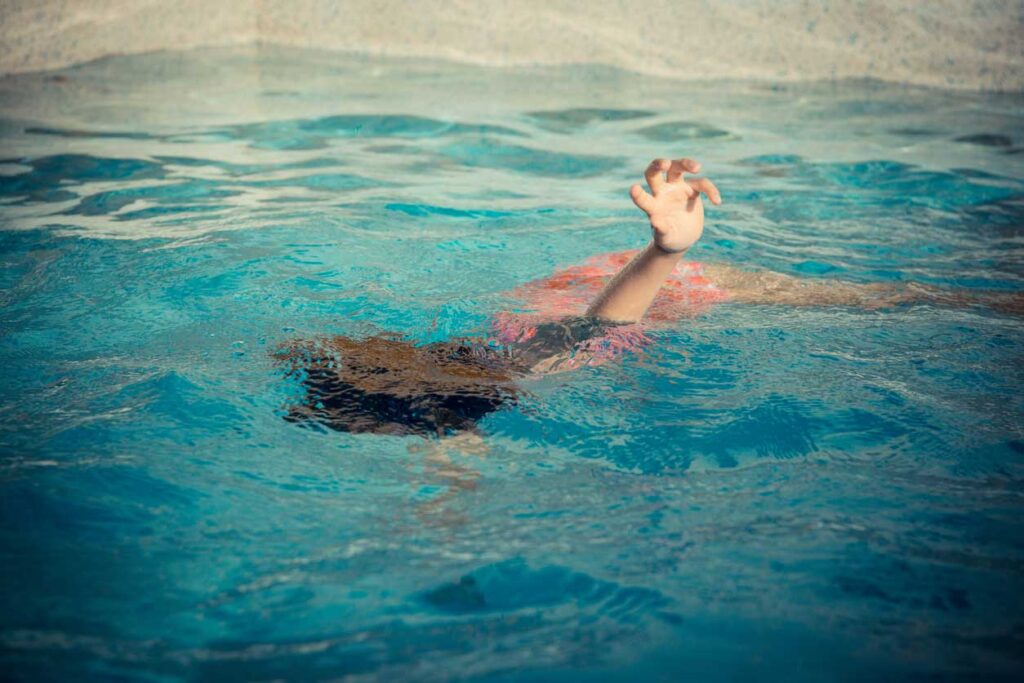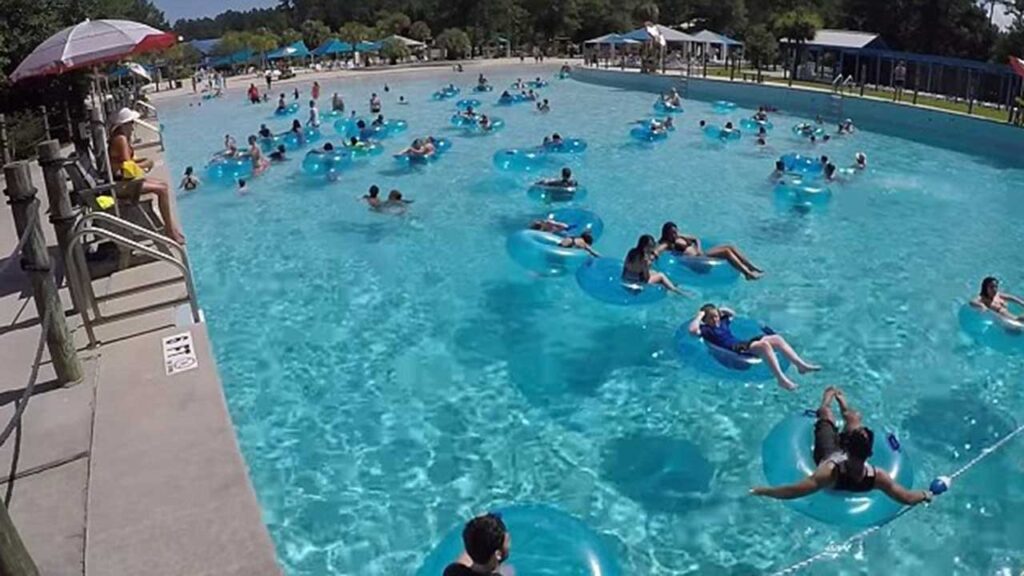
It comes as no surprise that swimming is a very popular activity, enjoyed by people of all ages. Yet, the fact that so many people enjoy it does not necessarily mean it is without risk. Even a short swim in a neighborhood pool can have catastrophic consequences, resulting in someone getting injured or even in lives being lost.
Public Pool Requirements
When it comes to public pool safety, several states have put in place guidelines established by the International Swimming Pool and Spa Code. These address such issues as drainage requirements, barriers that must be used, and emergency equipment that must be on hand. If a loved one has suffered an injury or drowned in a public pool, even if this pool has not adopted those standards, your drowning accident lawyer might be able to use them to support a negligence claim.
If you can prove that the owner of the pool (most likely it would be a city, town, or county in these cases) has failed to meet safety standards at the time someone was injured or died, you may have a strong case in your hands. However, you must keep in mind the fact that filing a lawsuit against any government entity is a completely different process from a claim against an individual. To begin with, the statute of limitations is much shorter, so there is no time to waste, and legal actions must commence as soon as possible.

Your lawyer must prepare a good strategy since it is likely that the defendant will try to prove that it was your carelessness as a swimmer that caused your injuries or that a person died because whoever was supposed to supervise them got distracted.
What damages can you recover from a public swimming pool accident?
Damages that can be recovered in these cases fall within three groups.
- Economic damages are those that are easy to measure and assign a dollar value to. They may include such items as your medical expenses, doctor’s visits, hospitalizations, treatments, rehabilitation, and prescription medications. Keep a detailed file of all your bills and bring them to your lawyer. Any wages you have lost by being unable to work while recovering your health can also be added up as well as future earnings if you are unable to work permanently.
- Non-economic damages are harder to quantify with a precise dollar figure but just as important. They include items such as the pain and suffering you have experienced, emotional distress, and loss of enjoyment of life, among others.
- Punitive damages are awarded when there is actual malice on the part of the defendant. This is meant to punish them and set an example for others not to act in the same manner.

Ways to Prevent A Public Pool Drowning
The vast majority of public pool drowning deaths are preventable and there are some precautions that the owners or custodians of public pools can take to prevent a catastrophe. Here are some recommended by legal experts.
Install Security Measures
While most public pool drownings occur during the hours of operation, pools will always be considered an attractive nuisance. That means that children may be tempted to sneak in and use the pool at night. Of course, it isn’t always children. By fencing in a public pool, posting “no trespassing” warnings, and even installing security cameras or alarms, you can prevent unwanted visitors from using your pool after hours.
Lifeguard During Hours of Operation
Hiring a trained lifeguard can be expensive, but it’s an invaluable safety precaution and one that could save you money on your insurance. A lifeguard can also mitigate behavior that can lead to non-drowning accidents.

Parental Responsibility Reminders
Many parents assume that because they are in a public pool that their children are being monitored, even if there are no lifeguards on duty. By posting a sign reminding parents of their responsibility to monitor the safety of their children, you may trigger their attentiveness.
Pool Drowning Statistics
According to the U.S. Center for Disease Control and Prevention, in a ten year study, there were 3,536 non-boating-related drownings in the United States every year. Approximately 20% of these deaths were children younger than 15. In addition to the deaths, five times that many children had to be transported to the emergency room for non-fatal injuries. 50% of drowning victims who were transported to the emergency room for drowning injuries required hospitalization.
Frequently Asked Questions About Public Pool Drownings
The following are some of the more commonly asked questions about public pool drownings.

What can I do to decrease the risk of drowning in a public pool?
There are several things that you as a swimmer can do to reduce your personal risk of drowning:
- Never swim by yourself unless there is a lifeguard on duty.
- Don’t over imbibe when you are swimming.
- Follow the pool safety rules
- Do not dive in a shallow pool
- Don’t swim in an overcrowded pool. It’s actually less likely someone will notice that you’re in distress if there are many people blocking the view of you.
What should I do if someone is drowning in a public pool?
If you witness a drowning, your first priority is to aid the drowning victim. Shout that someone is drowning and instruct bystanders to call 911. Try to help the person to the edge of the pool if you are able. If you know CPR and it’s required, administer it to the victim. Do not try to render aid beyond your ability.
Contact a Public Pool Drowning Attorney
If a member of your family has passed away due to a public pool accident, your lawyer may guide you through the process of filing a wrongful death claim. If the case is successful, damages might include funds for the survivors, future earnings that the deceased might have earned, the cost of funeral and burial services, and the emotional distress that this death has caused. Learn more at lipcon.com on how your lawyer will build a strong case to help you recover the compensation you deserve.











